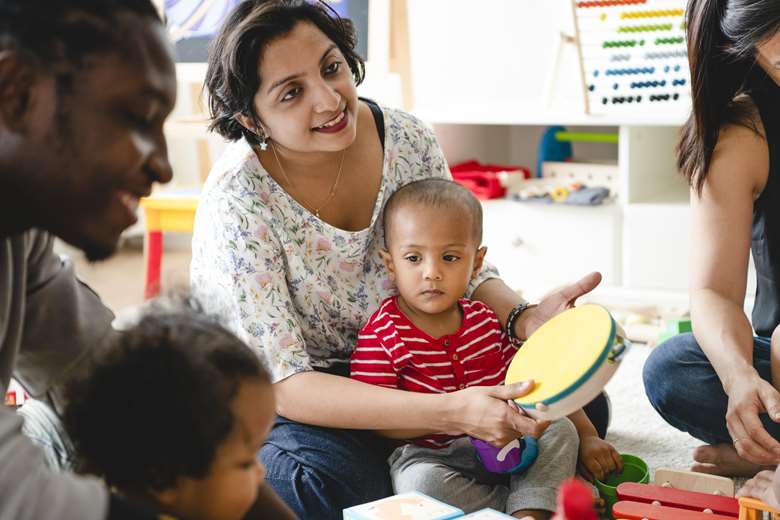Steep decline in services for babies and new parents, charities warn
Fiona Simpson
Tuesday, November 9, 2021
Almost a third of professionals and volunteers supporting new and expectant parents say health visitor drop-in clinics are no longer operating in their area.

A new report by Home-Start UK, the Parent-Infant Foundation and Best Beginnings also shows that 28 per cent say health visitor appointments are no longer running in their area while 12 per cent say access to baby and toddler groups is no longer available to new parents.
The charities have warned that a baby’s development and wellbeing cannot be adequately assessed unless they are seen face-to-face.
-
Analysis: Call for child health advocate
-
Health – Children's Workforce Guide to Qualifications and Training
“This is particularly true for vulnerable babies,” the report states.
It also highlights that reduced access to services is having a negative impact on parents’ mental health.
A decline in the number of drop-in services leaves parents feeling “lonely and isolated”, the report warns.
“The flexible, drop-in nature was a key part of what makes groups attractive. The absence or inaccessibility of community baby and toddler groups exacerbates feelings of loneliness and isolation,” it states.
The report’s authors have put forward a three-step plan for government to improve support for new parents.
It calls on ministers to invest in health visiting services, take a cautious, evidence-based approach to remote and phone-based service delivery and ensure babies, and services supporting them, are at the heart of Covid-19 recovery policy and investment.
Peter Grigg, chief executive of Home-Start UK, said: “When families face stress and adversity, it is harder for parents to provide their babies with the nurturing care they need to thrive.
“We know that poverty, mental health problems, conflict and abuse can all impact early childhood development and that for many families these issues have increased during the pandemic. That’s why there is a real urgency that there are services and resources in communities to support parents and children right now.”
Responding to the report, Ben Lewing, assistant director at the Early Intervention Foundation added: “This report powerfully illustrates the longer-term impact on parental mental health and access to support services, and reinforces the role of relationship-based support such as baby and toddler groups and face-to-face contact with health visitors. Our own research at the Early Intervention Foundation on early childhood physical development, to be published shortly, has also shown reduced confidence in participating in physical activity which has the potential for longer-term impact.”




